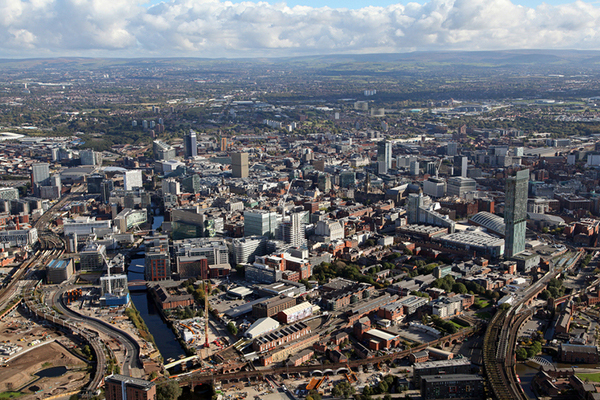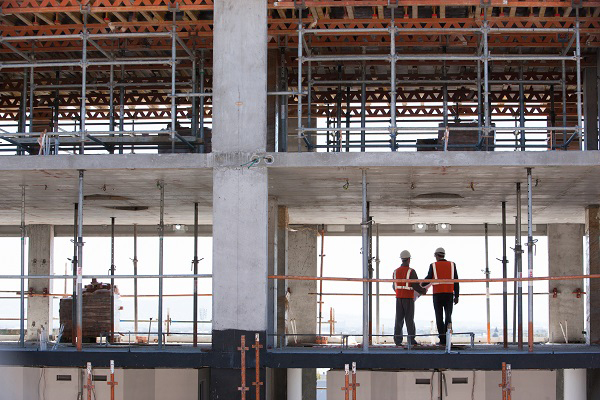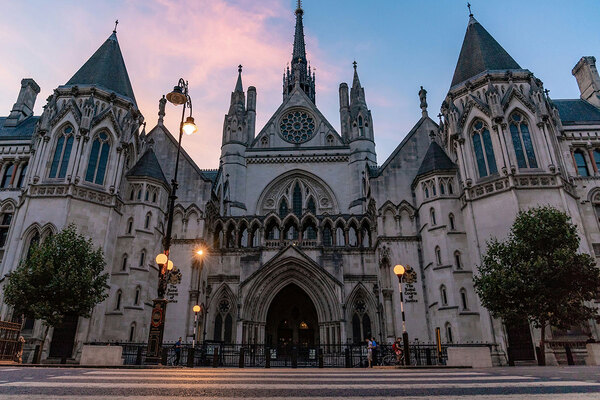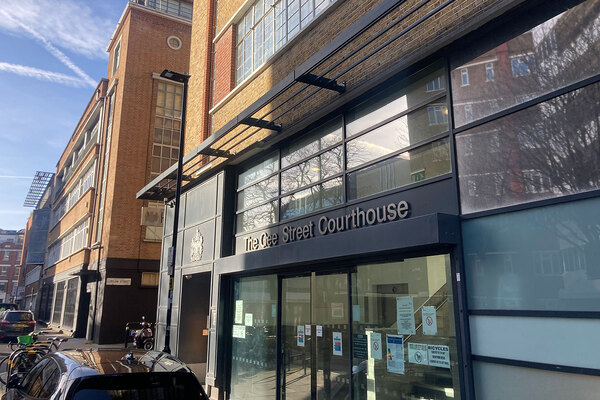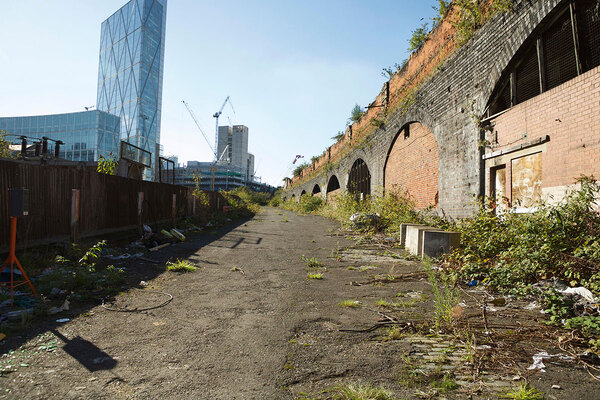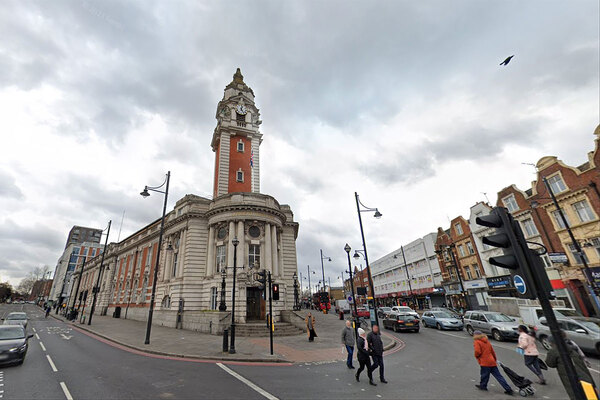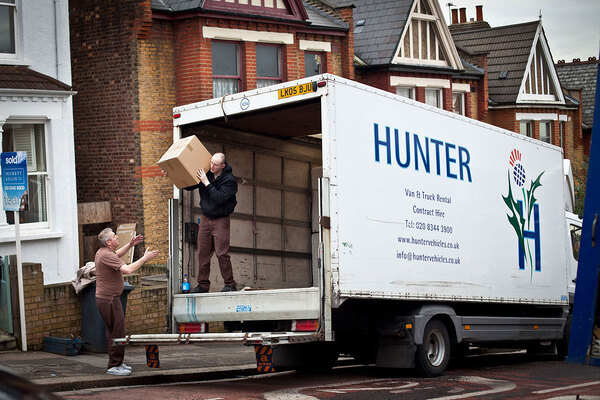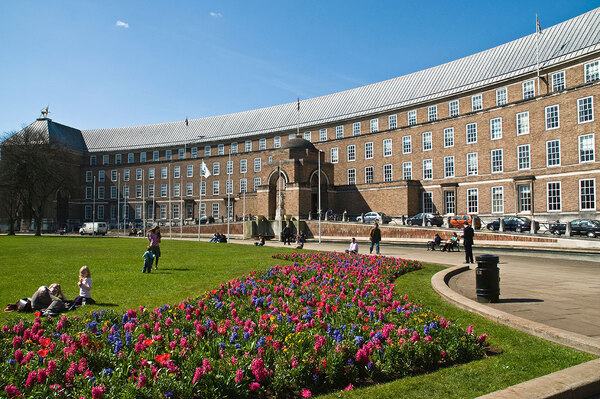You are viewing 1 of your 1 free articles
 Joanne Roney OBE
Joanne Roney OBEThe importance of diversifying tenure
Joanne Roney sets out the importance of growing income streams and challenges claims that Manchester City Council is not doing enough to ensure provision of affordable homes
Here in Manchester we are working hard to include all residents in the growth of the city.
This means developing a clear understanding of what housing is needed, in places where our residents want to live and at prices they can afford.
In many parts of the city, Manchester is an affordable place to live.
More than 75% of all housing is within council tax bands A and B, which indicates a level of housing affordability.
Against this backdrop we are committed to creating real choice and part of that is about diversifying tenure.
At present, Manchester’s housing make-up is skewed towards lower value homes, but as we become even more reliant on our local tax base to fund services (council tax and business rates), it’s important that we also build homes which help to diversify and grow our income stream beyond bands A and B.
So from low-cost affordable homeownership and social housing to high-value homes, we need to make sure a wide spectrum of housing is being delivered to meet a range of needs.
“It’s important that we also build homes which help to diversify and grow our income stream.”
Despite this, many feel we are not doing enough to provide affordable homes in Manchester, a claim that simply isn’t true.
Last year, 596 units (9.3%) of the total granted planning permissions were affordable.
In fact over the five-year period 2012/13-2016/17 out of a total of 7,063 new homes delivered, 1,223 were affordable (17.3%) according to the government’s national definition. These included 110 for social rent, 895 for affordable rent and 218 for shared ownership.
With this in mind the city recently published a new affordable housing policy which recognises low-cost owner-occupation as a key pillar of the city’s affordable housing offer.
This takes the average household income across the city (£27k), and then uses a standard marker of 30% of that annual income in rent or mortgage repayments to understand what most residents can afford.
Research suggests that in the 2016/17 financial year 41% of all sales to owner occupiers were affordable at or below the average household income in the city (maximum 30% of £27k). It’s an approach which is beginning to get traction elsewhere.
I’ve written before, in this column, about the challenge of delivering affordable homes in locations in and around the city centre.
Despite the recent resurgence in construction activity, viability continues to be a constraint and although we work hard to ensure all developments yield affordable homes – including through Section 106 – investing in wards surrounding the city centre and elsewhere invariably translates into more homes for Manchester people.
In the past decade we have seen major success in West Gorton – once mired in the Shameless estate moniker – which has seen over 180 new homes in the past three years with many buyers becoming homeowners via the government’s Help to Buy.
“Viability continues to be a constraint.”
Neighbourhood investment at Brunswick Private Finance Initiative has delivered major improvements for residents alongside hundreds of new affordable homes just a stone’s throw from the city centre.
At the same time Wythenshawe and east Manchester are enjoying significant housing investment, reflected in the growing population and a broader, more diverse employment base.
North Manchester is next. The Northern Gateway – 155 hectares north of the city centre through the Irk Valley into Collyhurst – is a neighbourhood that represents the one of the largest opportunities for new housebuilding in the North, and one of the biggest programmes of work since the regeneration of east Manchester began.
Over the next 10 years the Northern Gateway will see around 15,000 new homes – representing a major contribution to delivering the housing needed to meet our growing population.
The first phase of the transformational programme will be to create a new north Manchester ‘affordability zone’ focused on Collyhurst with mixed-tenure affordable homes investment, including council-owned social housing and a range of accessible housing products for sale and affordable rent.
“We need to realise the benefits of locally derived growth if we are to meet the affordable housing commitments made to residents.”
In Manchester, we are facing our housing challenges head on, constantly looking forward to the next opportunities. But Manchester – and Greater Manchester – needs further devolved powers and control of housing to ensure we can meet demand and our commitments to residents.
According to HM Revenue & Customs, stamp duty receipts from residential property sales in Manchester grew from £14m in 2015/16 to £27m in 2016/17 – Greater Manchester equivalent: £80m in 2015/16 to £147m in 2016/17. We welcome both George Osborne’s and the current chancellor’s attempts to use stamp duty to create a fairer playing field between first-time buyers and investor landlords.
At the same time, however, we need to realise the benefits of locally derived growth if we are to meet the affordable housing commitments made to residents.
If just half of the growth in stamp duty over the last twelve months had been retained, we would have an annual pot of £6.5m (Manchester) or £33.5m (Greater Manchester) to support affordable housing and a major incentive to encourage further growth.
Joanne Roney, chief executive, Manchester City Council
